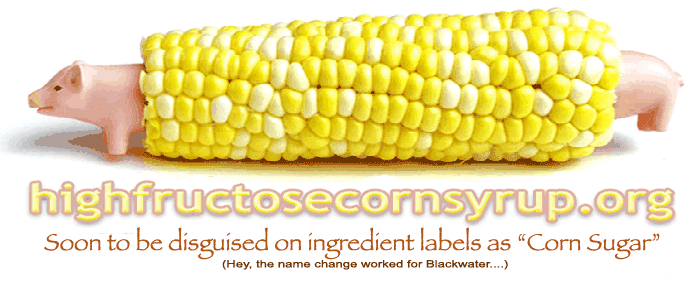 Either there’s a generational mutation in the population’s DNA (unlikely) or there’s a massive introduction into the consumption environment of a new product. As grumpynyker points out, that’d be High Fructose Corn Syrup (HFCS). Invented in 1977 by Hajinomoto (the same company that brought us MSG) it’s now in every conceivable product from ketchup to Coke. And is virtually unavoidable. I blame it for my own diabetes condition. I don’t see any other cause.
Either there’s a generational mutation in the population’s DNA (unlikely) or there’s a massive introduction into the consumption environment of a new product. As grumpynyker points out, that’d be High Fructose Corn Syrup (HFCS). Invented in 1977 by Hajinomoto (the same company that brought us MSG) it’s now in every conceivable product from ketchup to Coke. And is virtually unavoidable. I blame it for my own diabetes condition. I don’t see any other cause.A new study suggests that the number of children in Europe diagnosed with diabetes will double by 2020. After examining tens of thousands of cases, researchers said the cause of the increase remains largely unknown.
Read the Entire Article at truthdig


.jpg)

.jpg)

